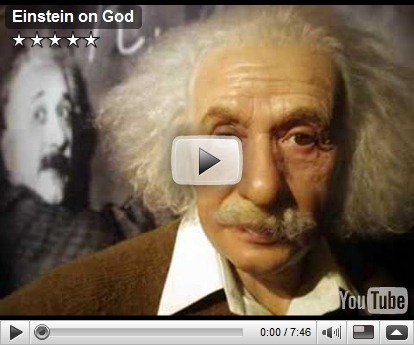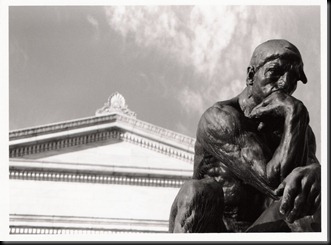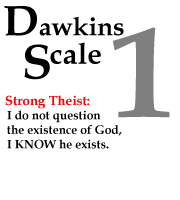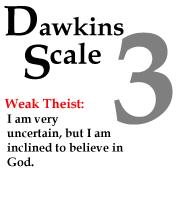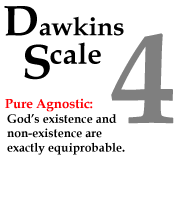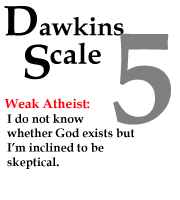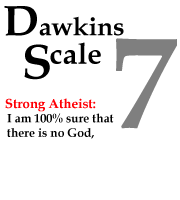“…mine is not a smart-alecky atheism. I am no "evangelical atheist" (as I once heard someone described); instead I am a "reverent atheist." I have deep reverence for the immensity and wonders of the universe, including the mystery of the apparently deliberately fine-tuned constants of nature. I do not kid myself into thinking that I already have answers to those awe-inspiring mysteries. To accept a question-begging non-answer ("God did it") as their explanation would, for me, indicate disrespect for the wonders of our universe and for their continuing exploration.” - Leland B. Yeager
Wonder and awe should not be diminished by taking away from the complexity of nature and the universe. The creation stories of the Bible are examples of this gross oversimplification. Although, they can have symbolic meaning and therefore may be interpreted as a philosophical position on the nature of humanity. Those who read it as actual occurrence are missing out on the true brilliance of existence. Creationists taking this position usually place their reverence and mystery in God. This view can be a respectable viewpoint so long as it does not attempt to discredit scientific findings (as many often attempt). If there is a God, we must look further than the Bible; therefore, scientifically exploring the nature of the universe can be considered one of the most spiritual endeavors. Although he was not religious, Einstein uses religious symbols in describing his scientific quest for what may exist behind our observed reality. Science and Religion do not have to be in conflict; open-mindedness and faith can and do co-exist in many individuals. Whether you are a theist, atheist, pantheist, or deist, reverence for all in existence simply requires an open-mind.
X2TY32JA9F87

